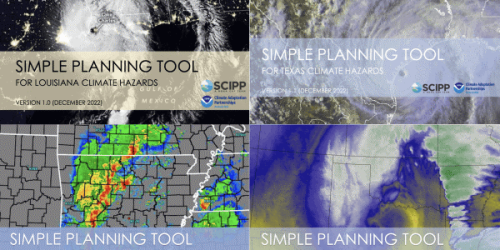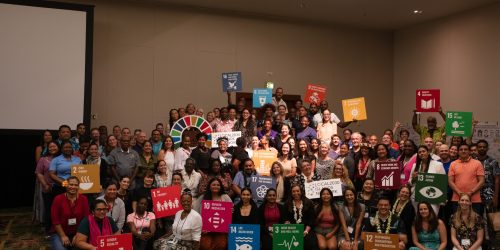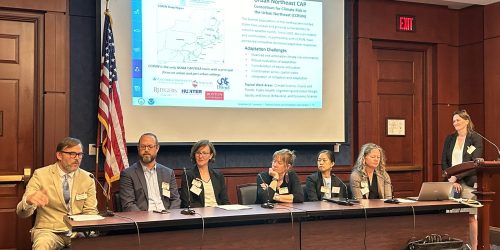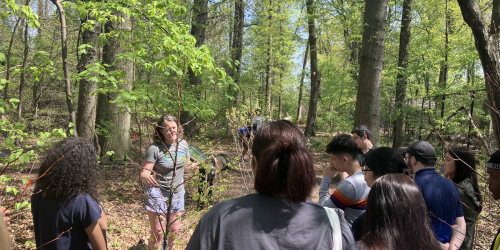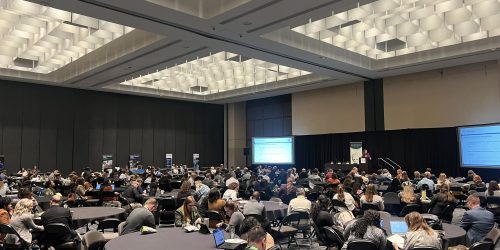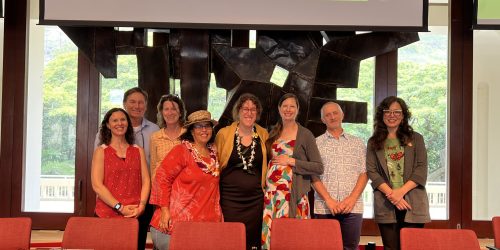A new study co-authored by NOAA CSI staff Ariela Zycherman and Claudia Nierenberg, along with researchers from the National Institute of Standards and Technology (NIST), revealed that businesses run by minorities, women and veterans, which they call historically underrepresented group operated (HUGO) businesses, were dealt a much worse hand by the pandemic than other businesses. The team also saw that HUGO businesses reported harsher downturns from COVID-19 alone than even non-HUGO businesses that were struck by natural disasters on top of COVID-19. The findings were recently published in the International Journal of Disaster Risk Reduction, and stress the severity of the resilience gap between HUGO and non-HUGO businesses but also pave routes forward for research that could help struggling businesses. The team’s findings are based on responses from more than 1,350 businesses to a survey NIST and NOAA distributed from July to August in 2020. The researchers initially developed the survey to learn about the combined impact of the pandemic and extreme weather events, including sudden disasters, such as hurricanes, earthquakes and wildfires, and longer-lasting events, such as droughts and winter storms.
A report published in October 2020 offered a broad overview of the responses, but the authors of the new study sought to gain deeper insight into the role that specific factors played in determining a business’s resilience during the pandemic. One such factor was the demographic information of the people operating businesses. The research team gauged the effects of COVID-19 by assessing business operators’ answers to survey questions about specific issues including closure, revenue declines and supply chain interruptions, as well as some of their broad perceptions regarding their situation. Then the researchers performed a statistical analysis to compare HUGO with non-HUGO businesses. On average, a HUGO business was more than twice as likely to report the negative effects of COVID (regardless of whether it experienced a natural disaster) than a business that experienced a natural disaster during the pandemic (regardless of whether it belonged to the HUGO group). In other words, simply being operated by minorities, women or veterans increased a business’s odds of being susceptible to the pandemic more than natural disasters did.
Access the publication in the International Journal of Disaster Risk Reduction »
For more information, contact Genie Bey.



